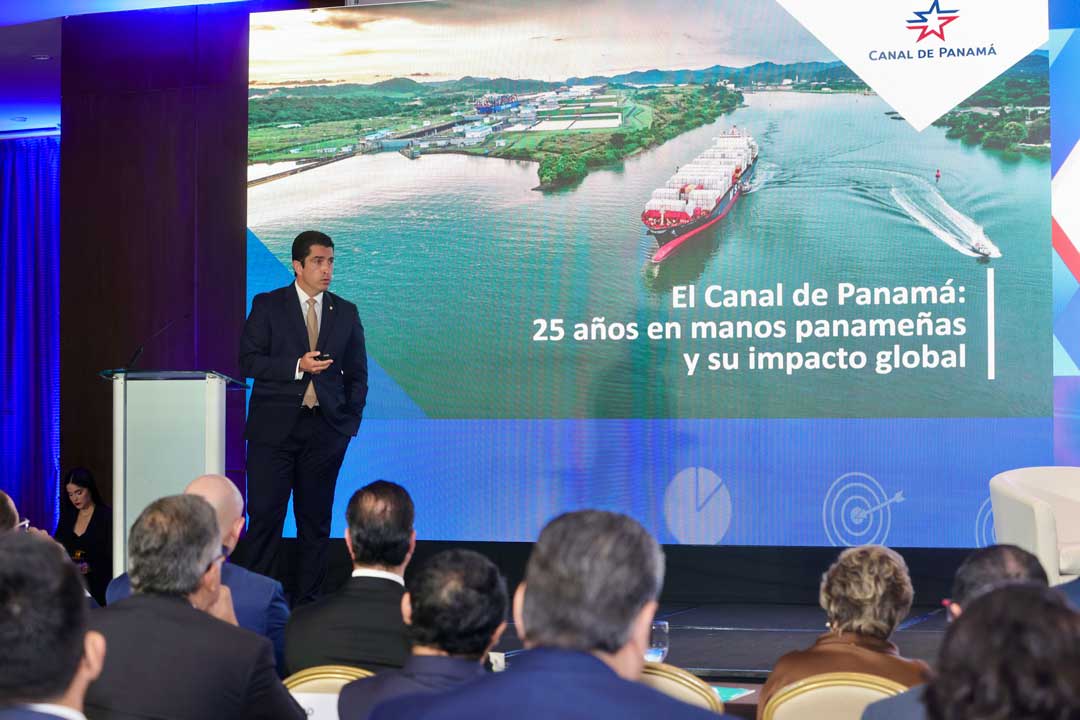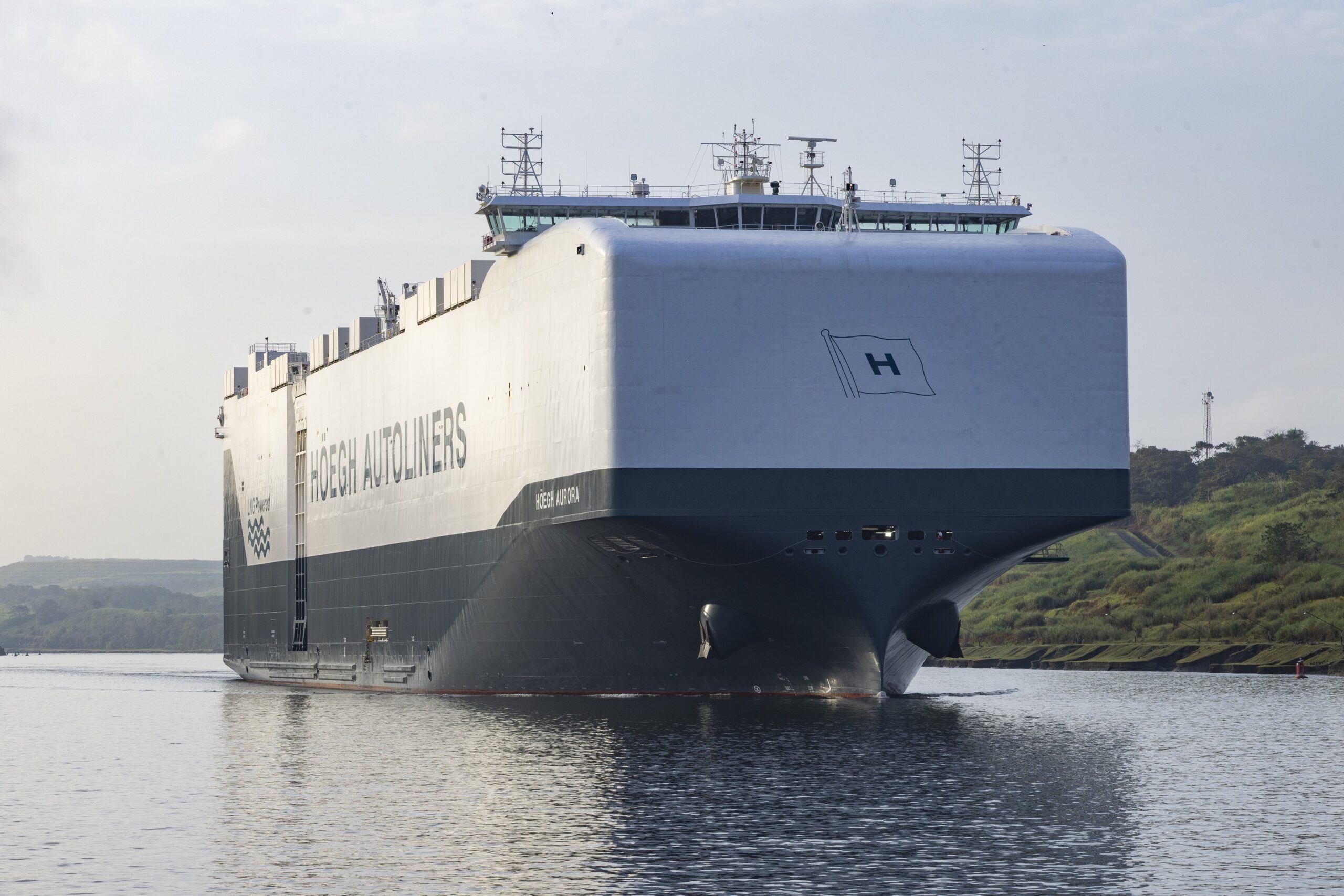PANAMA CANAL IMPLEMENTS SUSTAINABLE MANAGEMENT INITIATIVES IN PILOT SUBWATERSHEDS
ENVIRONMENTAL CONFERENCE HIGHLIGHTS ACP’S WORK WITH LOCAL COMMUNITIES AND COMMITMENT TO CORPORATE SOCIAL RESPONSIBILITY
PANAMA CITY, Panama, November 07, 2005 – The Panama Canal Authority (ACP), in a ground-breaking environmental conference in Panama last week, presented its sustainable development program, currently being implemented in 45 locations in the eastern region of the Panama Canal watershed. These sites are comprised of three priority subwatersheds where demonstrative projects are carried out to determine best practices that can later be replicated in other subwatersheds. More than 3,000 people attended the conference and panel discussions on sustainable livestock farming, water conservation and soil conservation, including participants from the local communities of pilot subwatersheds, students, academic institutions, farmers associations and governmental and non-governmental organizations. The conference was held October 25-27 by the ACP at the El Panama Hotel, in collaboration with the National Environmental Authority, the Academy for Educational Development, the NATURA Foundation, the Ministry of Agriculture Development, the Ministry of Housing and the Ministry of Government and Justice, among other local entities.
“At the ACP, we are certain that by working with local Panamanian communities, we can achieve true changes that will lead to the sustainable development of the Canal watershed. Involvement with the community will help in the selection of sound solutions to enhance local economic development, and ultimately help in protecting the environment, especially areas around the Canal watershed,” said ACP Administrator, Alberto Alemán Zubieta.
The conference detailed the ACP’s work with members of local communities to protect and conserve the Canal’s watershed. Currently, some of the projects within the program include sustainable agriculture for soil and water conservation, reforestation, establishment and management of water and sanitation facilities, promotion of clean production, and organizational strengthening of local actors in a subwatershed steering committee, among other topics.
All of these initiatives are being financed by the Panama Canal Watershed Conservation and Recovery Fund, established through a memorandum of understanding subscribed in June 2003 between the ACP and the United States Agency for International Development in Panama. This fund aims to provide an opportunity to develop and demonstrate, on a small scale, solutions to identify problems. Moreover, there is a goal for the pilot program to serve as a model to replicate subwatershed management planning, policies and environmentally friendly best practices in other areas within the Canal watershed, thus contributing to achieve its sustainable development.
The ACP’s management model stresses responsibility in maintaining the waterway and protecting the environment, and testimony of this commitment includes: member since 2002 of the World Business Council for Sustainable Development, where the ACP currently serves as Co-chair of the Water and Sustainable Development Program’s Water Council Project; obtaining and keeping, since 2003, ISO 14001 certification for the ACP’s Department of Security and Environmental Division; and being founding members of the International Center for Sustainable Development, an international partnership initiative that includes the operation of an International Information Network for Sustainable Development and an International Institute for the Study and Promotion of Sustainable Development.
An active participant in CSR initiatives, the ACP is a signatory of the UN Global Compact and was one of the 70 original founders of the Global Compact of Panama. The ACP’s first Social and Environmental Report outlines its work and commitment to Corporate Social Responsibility, as well as information on its values, objectives and commitments.
About the Panama Canal Authority
The Panama Canal Authority is the autonomous agency of the Government of Panama in charge of managing, operating and maintaining the Panama Canal. The operation of the Panama Canal Authority is based on its organic law and the regulations approved by its Board of Directors. For more information, please refer to the Panama Canal Authority’s Web site: www.pancanal.com.
The Authority’s responsibility to the Panamanian people is paramount. The Canal belongs to the people and benefits from the Canal should accrue to as many Panamanians as possible. The Authority will plan its future so that it will continually contribute to the economic development and welfare of the citizens of Panama.




